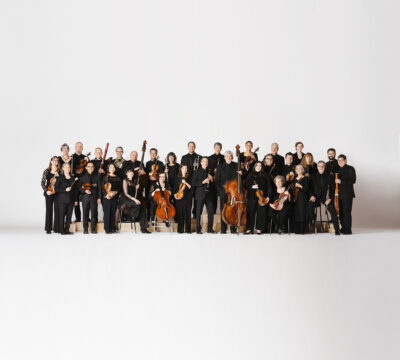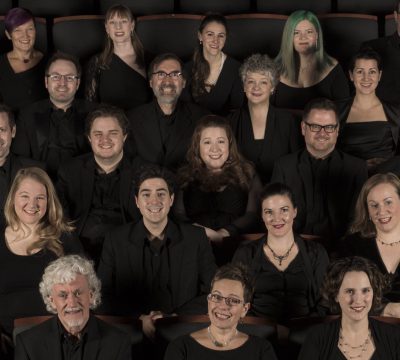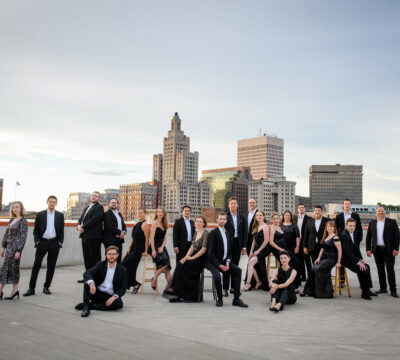

Ticketing Information
Orchestra of St. Luke’s season in Stern Auditorium draws to a soul-soothing close with an all-Brahms program of two choral masterpieces, as Conductor Xian Zhang leads the combined forces of La Chapelle de Québec and Ensemble Altera in the Begräbnisgesang and Ein deutsches Requiem.
As a choral conductor himself, Brahms was thoroughly steeped in the traditions of earlier musical eras, and the funereal beginning of the Begräbnisgesang, or “Burial Song,” with its male voices in simple unison, could almost be mistaken for the beginning of a Bach chorale. The work hearkens back to renaissance-style word painting throughout, such as in the fortissimo winds that accompany the words “When God’s trumpet shall sound,” text which comes from a Lutheran hymn.
But while certainly sacred in word and tone, the entire experience is more spiritual than liturgical, and this is true of Ein deutsches Requiem as well. Brahms assembled the text himself from the German Lutheran bible, rather than the traditional Catholic Latin mass, and eschewed overtly Christian themes in favor of more humanist expressions. Composed in the aftermath of his mother’s death, Brahms explicitly referred to the work as “a human Requiem,” written to comfort the living. The baritone solos, sung by Andrè Schuen, echo the composer’s anxiety and lingering loss, while in response, the reassuring spirit of his mother is evoked in the tender fifth movement, sung by soprano soloist Erin Morley.
Written nearly ten years apart, the Begräbnisgesang can almost be seen as a precursor to Ein deutsches Requiem for the emotional arc the works share in processing death—from intense grief to hope, with peaceful conclusions to assure us that all lives continue in the memory of the living.
Xian Zhang appears courtesy of the Metropolitan Opera.
Duration: The printed program will last approximately 90 minutes with no intermission. Please note that there will be no late seating.
Program
Johannes Brahms
Begräbnisgesang, Op. 13
Johannes Brahms
Ein deutsches Requiem, Op. 45






